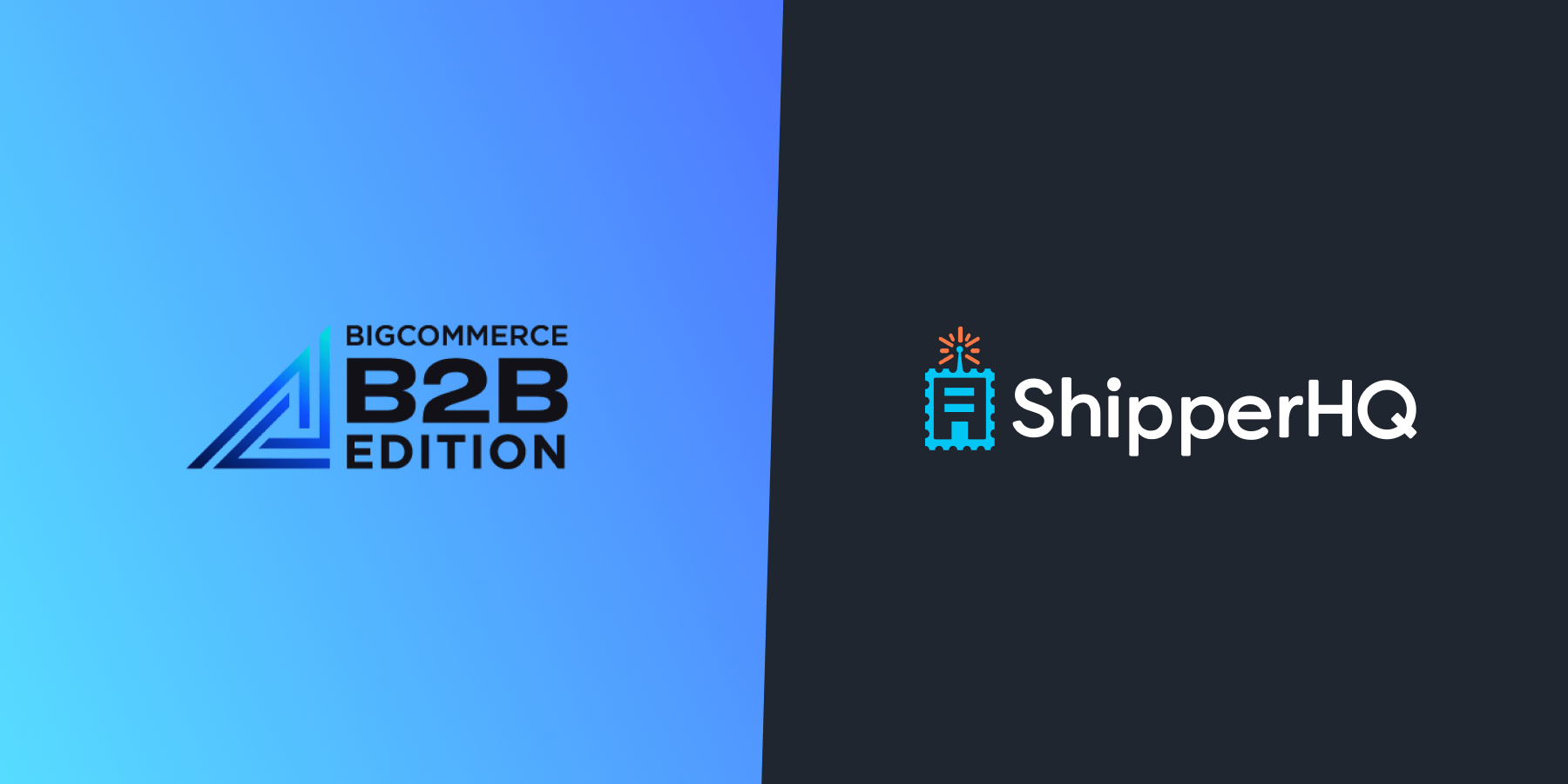This post was written and contributed by Neal Willis of Kuehne+Nagel LTL eCommerce.
Unrealistic expectations and disappointment often go hand in hand. When evaluating third-party logistics (3PL) companies and assessing their service proposals, asking questions helps ensure that your expectations are in line with the provider’s capabilities.
Asking potential 3PL providers these eight questions can help you avoid costly surprises down the road, such as being locked into long-term contracts with companies providing poor customer service.
1. Do You Require Contracts?
3PL providers will often seek to lock in customers for periods of time, which helps them to better plan for their revenue generation.
In many cases, contracts between shippers and 3PL companies require a written intent of termination of the agreement be supplied to/from either party 30-days in advance of the effective date.
Some contracts involve early termination fees and/or penalties for ending the agreement sooner than expected. And early termination penalties can add up quickly, especially if you’re ending the relationship far in advance of the originally agreed upon ending date.
Before entering in to any agreement, ask potential 3PL providers if they require any type of contract. If a contract is required to work with them, ask for a full disclosure of the contract, which would include any exception clauses that may cause deviation from what you’re expecting in terms of both customer service and shipping costs.
2. What Freight Carriers Will Be Providing the Actual Savings?
Savings projections from potential 3PLs are typically based on shippers using a pre-determined, least-cost carrier for certain lanes and/or freight.
3PLs will sometimes convey their savings projections are valid with your current mix of carriers. While partially true, they might not clearly point out the fact that the savings projections aren’t fully attainable through only the incumbent carrier mix.
When evaluating savings proposals from potential 3PL providers, ask if the specific shipping costs and savings numbers they’re projecting can be fully realized by using only your current carrier mix.
3. Can I Continue Using My Current Carriers?
Be sure to ask the potential 3PL service provider if there are any restrictions on carrier usage. Ask them if there are any penalties for using carriers outside of their program.
Some 3PL companies allow you the flexibility to use any carrier you choose, and they will process freight bills for any carrier at no additional cost. However, some do not allow you to utilize carriers outside their approved core group of carriers and will assess fees and/or penalties for clients who do so.
While the fees may be small, lots of small fees can quickly add up. Be certain to ask about the implications of using other freight carriers and logistics solutions outside of their program.
4. Can You Confirm Pricing?
Whenever a 3PL presents you with shipping costs and a savings projection, ask if you can confirm the anticipated savings with their proposed carriers before you sign anything.
3PL providers have been known to promise savings without rates having been negotiated for the prospective client. In some cases, they will ask customers to sign a letter of authorization to negotiate the rates.
After you sign their LOA, then they’ll diligently work behind the scenes to try and obtain the pricing and savings they’ve already portrayed as having been secured.
In these instances, the LOA serves merely as a tool that enables them to negotiate rates on their client’s behalf. At no point prior to your signing of the LOA has client specific pricing been pre-negotiated for you with any of their proposed carriers.
5. Can You Outline All Potential Accessorial Charges?
Make sure you’re comparing oranges with oranges. Savings are great, but large invoices for accessorial fees can quickly negate any realized savings on the line haul rates.
Ask potential 3PL providers for a list of all possible and relevant accessorial charges that you might incur through their program and carriers. It’s also a good idea to ask for specific examples of instances when those accessorial charges could be applied.
6. What Carrier Liability Limits Are Applicable?
If it sounds too good to be true, then it probably is. Depending upon the commodity and shipment, you may not want to sacrifice potential full value reimbursement of damage and/or loss caused by a carrier for a lower freight rate.
3PL companies regularly exchange discounted rates for lower carrier liability coverage limits for lost and/or damaged freight. Ask potential 3PL providers what their carrier liability coverage limits are for damages and/or loss.
7. What’s Your Business Model?
Unless your business is a non-profit organization, you’re more than likely in business to make money.
Ask 3PL companies how they make their money. Trustworthy 3PL providers don’t typically have an issue with discussing their business model and how they get paid for their 3PL services with their customers.
8. Do You Have Technology Needed to Grow & Keep Business Running?
When evaluating 3PL providers and logistics companies, technology is arguably one of the first things that comes to mind. Downtime is critical, especially for eCommerce businesses.
Technology is great, but it doesn’t provide much of a benefit if it is broken. Ask potential 3PL providers what systems are in place to ensure that your business stays up and running in the event of a network and/or systems infrastructure failure. You may also want to ask them to share with you their disaster recovery plan and how they handle storage of your data.
For over 30 years, Kuehne+Nagel LTL eCommerce has been helping customers find the less-than-truckload (LTL), full truckload (TL) and eCommerce shipping solutions that best fit their needs—and the needs of their customers. Start taking control of your freight and transportation management by booking a Kuehne+Nagel LTL eCommerce demo today.





